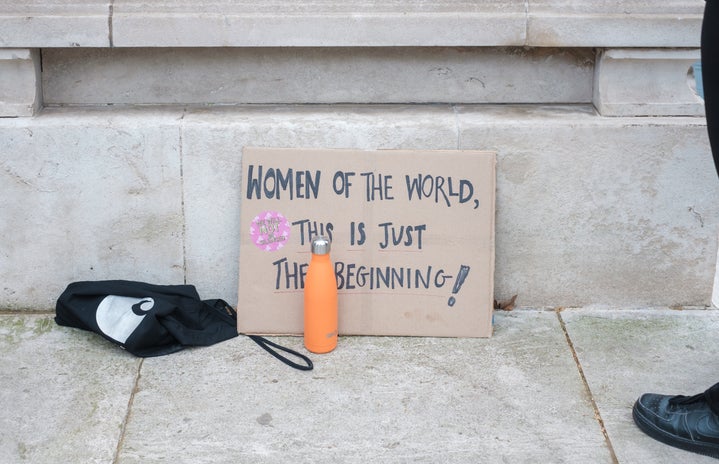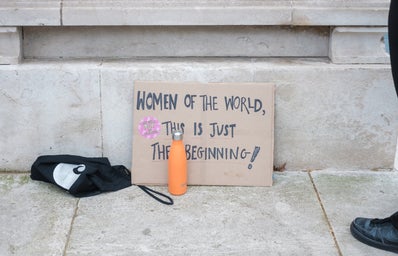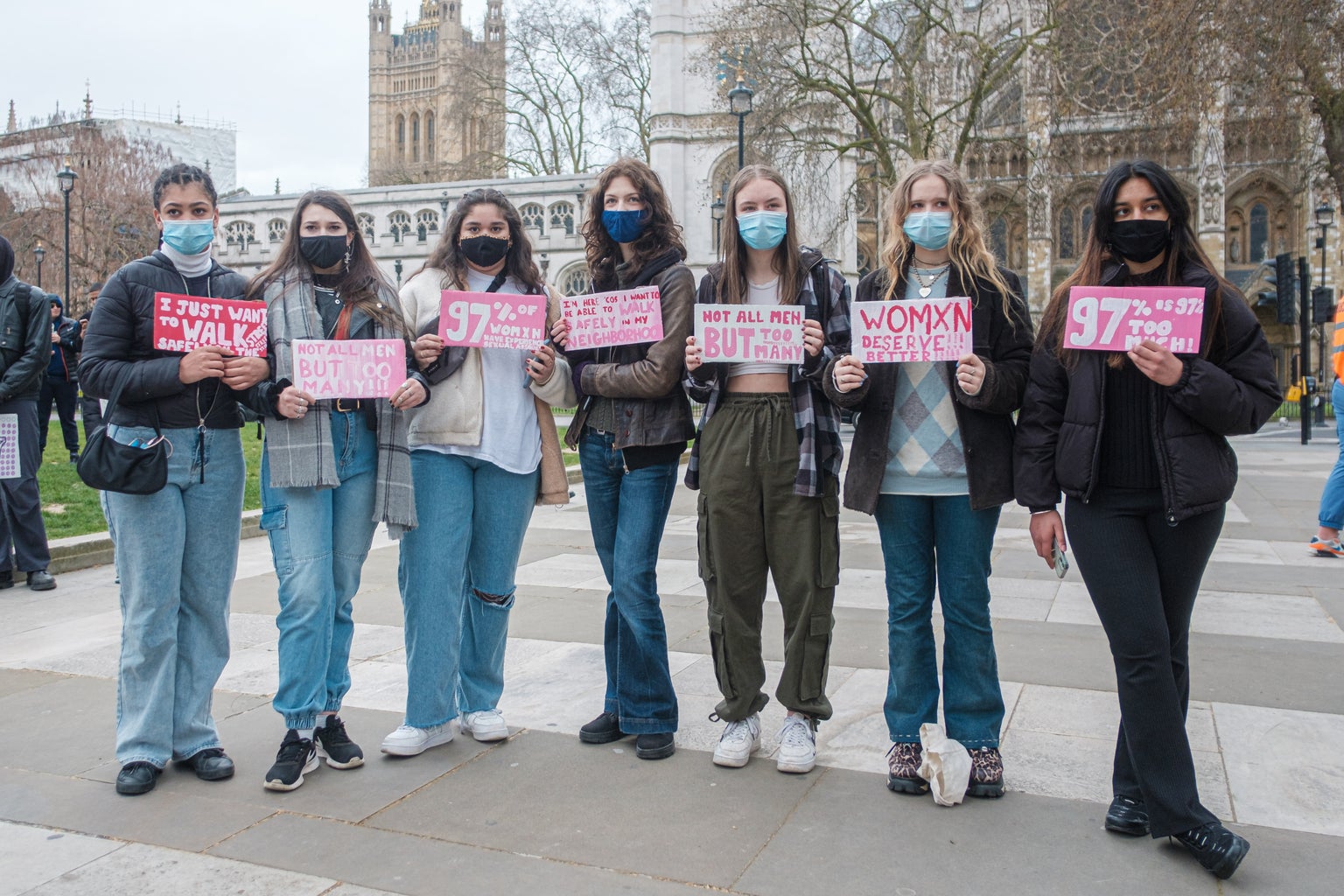As women’s history month comes to an end, it’s a good time to reflect on where we are and the places we still need to go when it comes to women’s rights. First and foremost: we have come a long way. It’s almost unfathomable that women didn’t even have the right to vote just over a century ago, and now there are many female leaders in some of the most powerful countries. Just recently, in January 2021, the United States (U.S.) inaugurated their first female Vice President, Kamala Harris, and Ngozi Okonjo-Iweala is the first female director of the World Trade Organization (WTO), according to UN Women. Furthermore, women’s rights movements have led to the most gender-equal Olympics in history during the Tokyo 2020 Summer Olympics. There were at least one male and one female on each team and 49 percent female athletes participating, as stated by ABC News.
Women have also recently made major progress in male-dominated areas such as science and film. In 2020, Jennifer Doudna and Emmanuelle Charpentier won the Chemistry Nobel Prize for their discovery of “CRISPR/Cas9 genetic scissors,” which is said to be “one of gene technology’s sharpest tools,” as described by The Nobel Prize. It has also been found in research studies that female-led countries had effective and faster responses to the COVID-19 pandemic, according to World Economic Forum, notably countries such as New Zealand, Taiwan and Germany presenting extremely strong leadership. In film, Chloé Zhao broke records being the first woman of color and the second woman ever to win an Academy Award for Best Director at the Oscars for her immensely popular movie, Nomadland. Throughout history, women have been viewed as intellectually and creatively different from men. However, these women have shown that whatever men can do, they can do too, and better.
Unfortunately, with all of this success, there is still a long way to go. I’m unable to cover every remaining issue with women’s rights today, and therefore I will aim to cover the most prevalent and most recent. With many laws and policies being passed in several states very recently, women’s reproductive rights are the most at risk than they have been in a very long time. According to Guttmacher Institute, “so far this year, 1,844 total provisions related to sexual and reproductive health and rights have been introduced across 46 states and the District of Columbia.” Moreover, these restrictions include bans on both medical and surgical abortions, with the most extreme being Texas’ 6-week abortion ban. This results in many women who need to get an abortion being forced to seek out-of-state options, leading to an increase in abortion patients—more than most clinics can attend to—or more dangerous illegal abortion options. But it doesn’t end here. In June 2022, Dobbs v. Jackson Women’s Health Organization will have a decision issued. This case is one that directly challenges Roe v. Wade. If Roe v. Wade is overturned, many people will lose access to safe and legal abortion, according toPlanned Parenthood. Reproductive rights are human rights and something that women have been fighting for far too long to be demolished now.
Moreover, the issue of women’s rights is significantly more challenging for trans women and women of color, especially when it comes to safety and job opportunities. Transgender women, particularly Black transgender women, face extreme safety concerns today. The American Medical Association even went as far as to declare violence against transgender people as an epidemic, as stated by LGBT Funders. In addition, the Institute for Women’s Policy Research shared that “a 2015 Violence Policy Center study finds that Black women were two and a half times more likely to be murdered by men than their white counterparts. More than nine in ten Black female victims knew their killers.” These statistics emphasize that not only are Black and transgender women unsafe from general women’s rights, but another added layer of danger is unfortunately added on because of their identity and/or race. Women have historically been paid less than men, and in the 2020 Census, it was found that women who were year-round employees for a full-time job made 83 cents for every dollar a man made, according to Business Insider. However, for Black women, this was only 64 cents, and for Latina women, it was only 54 cents, according to Brookings. This doesn’t even scratch the surface of the many issues that transgender women and women of color face every day. Their safety and opportunities should be equal to everyone else’s.
A raging women’s rights issue that has not come close to being resolved is the high number of sexual assault/harassment cases that they face. In 2021, a statistic took social media by storm, saying that 97 percent of women have faced sexual harassment or sexual assault to some degree in their life, meaning only 3 percent of women had not experienced anything. Many found this number to be far too high, especially considering the light that has been shined on this situation in recent years after the founding of the “MeToo” movement. Women are still fighting for their safety from sexual harassment and assault and still have to fight towards better education around consent at all schools. Without proper sex education involving consent and more accountabilities and policies put into place, these issues will continue to be strongly prevalent.
It is easy for women to feel discouraged with these issues and many more still unresolved. However, for a lot of these issues, there are things that you can do personally to help! Sign petitions, reach out to your local elected officials, go to marches, share resources and most importantly, educate yourself. We have a long way ahead of us, but if we focus on tackling these issues as one united humankind, we can overcome them together.
Want to see more HCFSU? Be sure to like us on Facebook and follow us on Instagram, Twitter, TikTok, YouTube and Pinterest!



